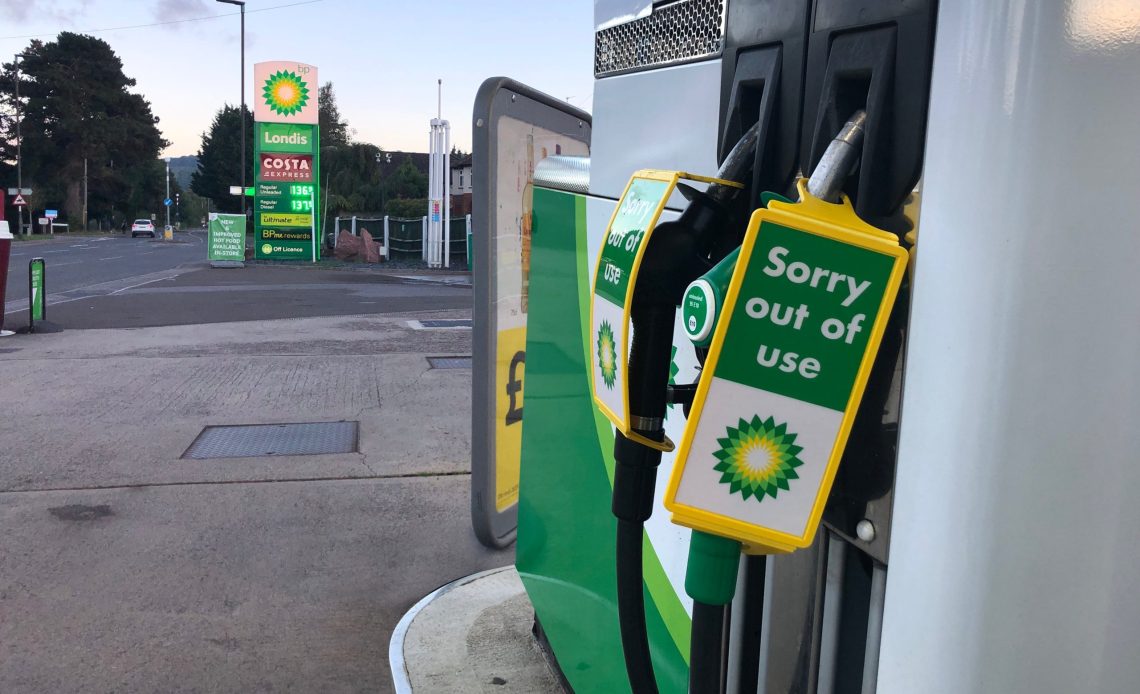
The BP share price has lagged behind its peer companies in the past few years. Its stock jumped by about 60% in the last five years. In contrast, other oil majors like Chevron, ExxonMobil, ConocoPhilips, TotalEnergies, and Shell have more than doubled, as shown below. This article explains why the BP stock price has lagged behind other peers, and what to expect.
Why BP share price has lagged
BP stock price has lagged behind its other rivals, including Shell and TotalEnergies for several reasons. First, BP has never recovered from the 2010 Gulf of Mexico crisis known as the Deepwater Horizon. This crisis cost the company over half of its value at the time and over $60 billion in fines, which it is still paying today.
Second, BP was more affected than other companies because of the Russia and Ukraine war, which forced many Western countries to exit the country. At the time, BP generated over 40% of its oil from Russia, which is known for low oil production costs.
Third, and most importantly, BP caved in to activists who pressured it to move away from the oil and gas sector. Under Bernad Loonie, the company announced a move to more than double its investments in renewables, which he called “transition growth sectors.”
BP has made many investments in this line. It acquired companies like Chargemaster, Bunge Bioenergia, Archaea Energy, Lightsource, and X Convenience. While these investments made sense from a climate change aspect, they did not lead to higher revenues and profits. This explains why BP decided to change its focus back to oil and gas last year.
American companies like ExxonMobil and Chevron have beaten their European rivals by focusing on their core oil and gas businesses. Instead, the companies have made their transition efforts to include technologies like carbon capture.
Read more: BP to spend $10B annually on oil and gas, scaling back renewable energy plans
BP’s earnings are weaker than peers
The most recent results confirmed that BP’s business was doing worse than its peers like Shell, Chevron, and Exxon.
These results showed that the company made a loss of $1.9 billion, which brought its annual profit to just $381 million. It had previously made a profit of $15.23 billion in 2023, leading the management to cut bonuses.
The numbers showed that BP’s adjusted EBITDA dropped to $8.4 billion during the quarter, down from $9.6 billion. Its annual figure dropped from $43 billion to $38 billion.
This performance has left BP being a highly undervalued company trading at a forward P/E ratio of 10.40. In contrast, ExxonMobil has a forward multiple of 16, while Chevron has 17.
This low valuation explains why it has attracted activist investors like Elliot Management, who believe that the company can generate value over time. Elliot and other activists wants the company to focus on the energy sector and cut costs. BP has unveiled plans to cut costs by between $4 billion and $5 billion annually.
BP share price analysis
The weekly chart shows that the BP stock price has formed a series of lower lows and lower highs as concerns about its business rose. It has dropped from a high of 518p in October 2023 to the current 422p, and is consolidating at the 50-week and 100-week moving averages.
On the positive side, it has formed a bullish flag pattern, pointing to an eventual rebound later this year. If this happens, the next point to watch will be at 518p, the highest swing in 2024. Losing the two moving averages will risk the stock dropping to the lower side of the channel at about 350p.
The post BP share price continues to underperform: is it a contrarian buy? appeared first on Invezz






